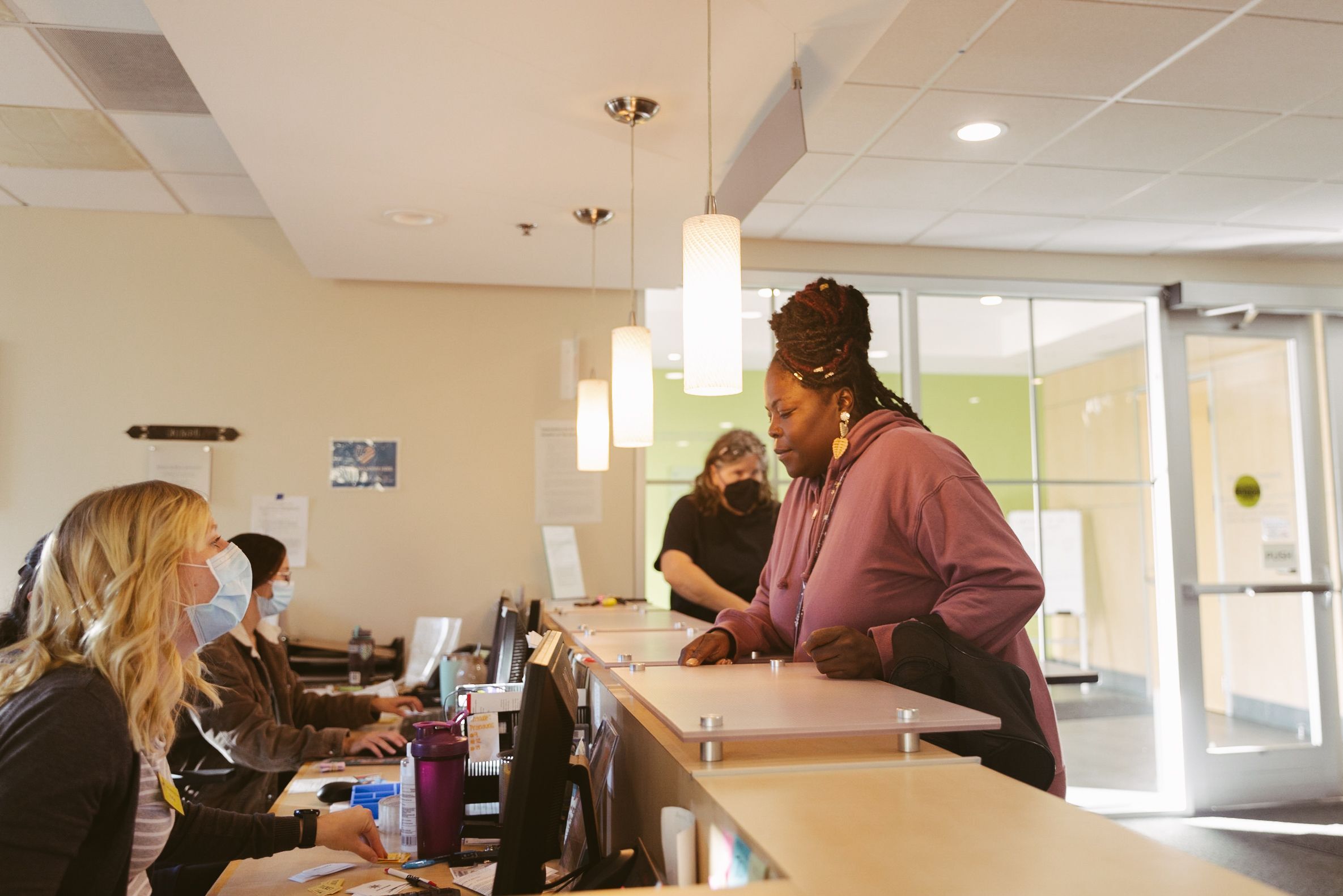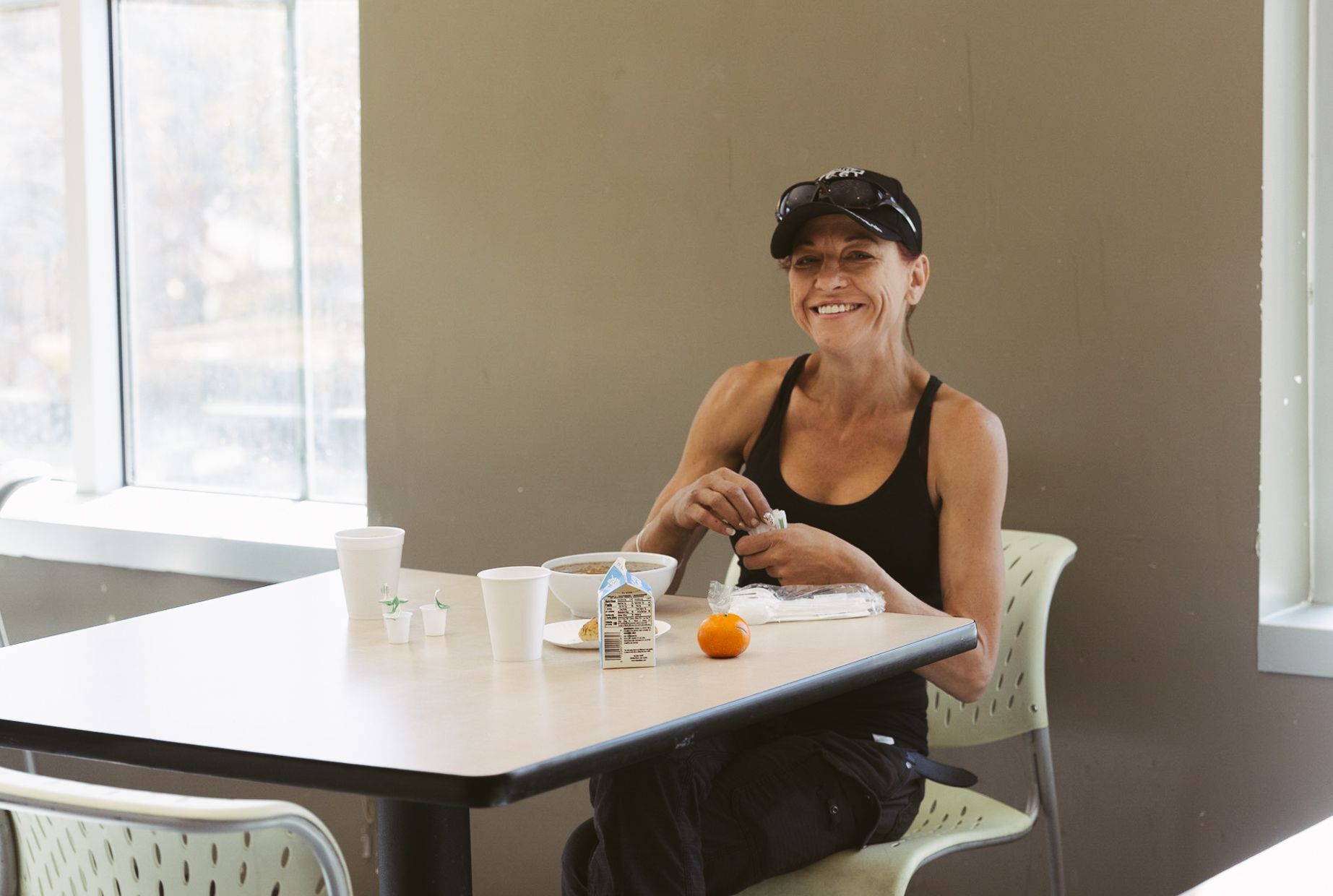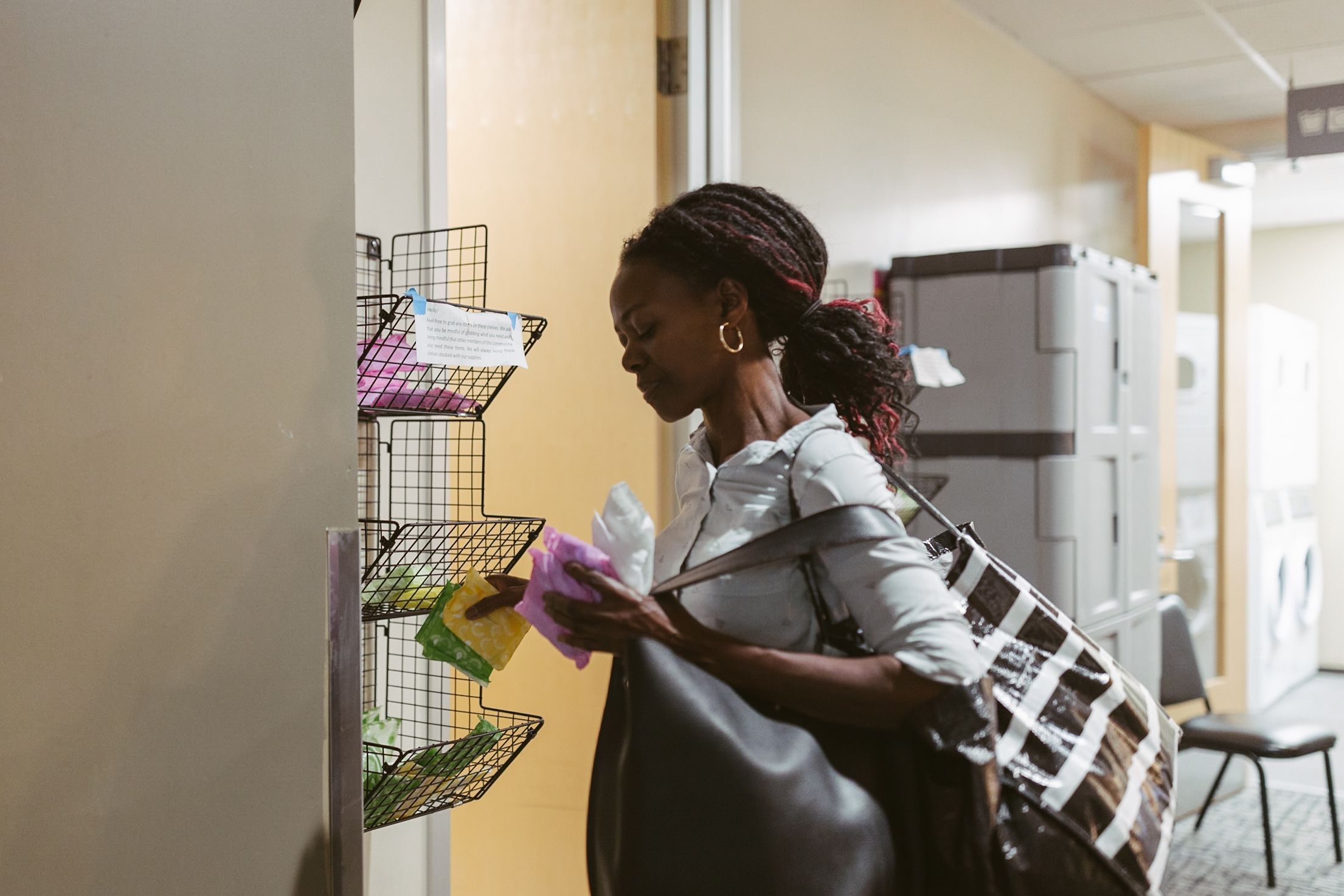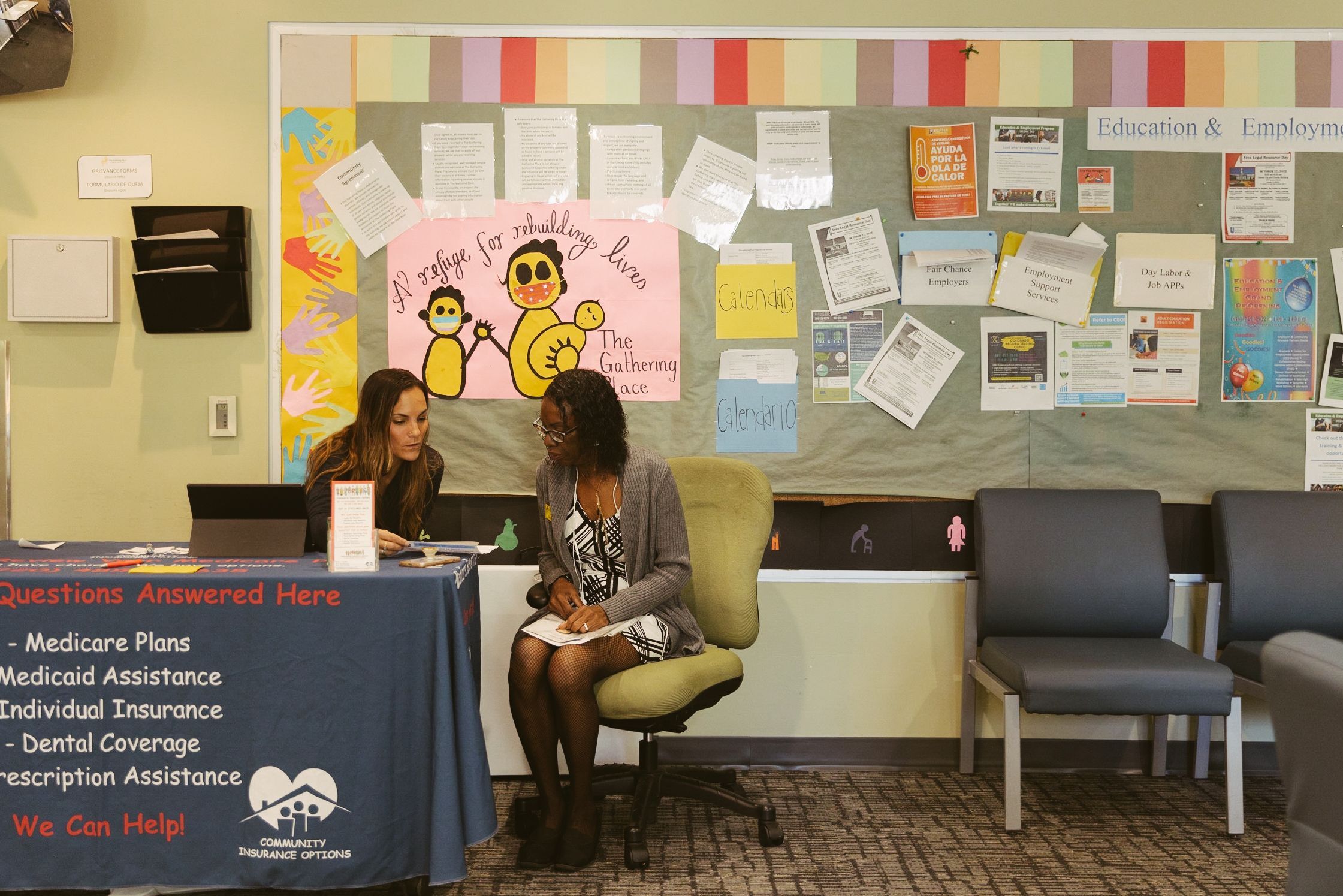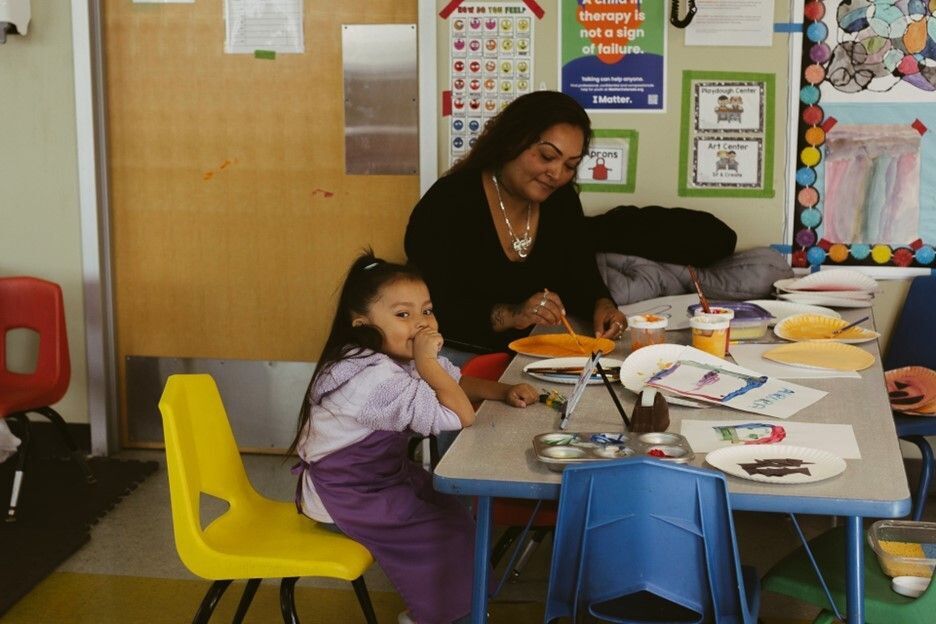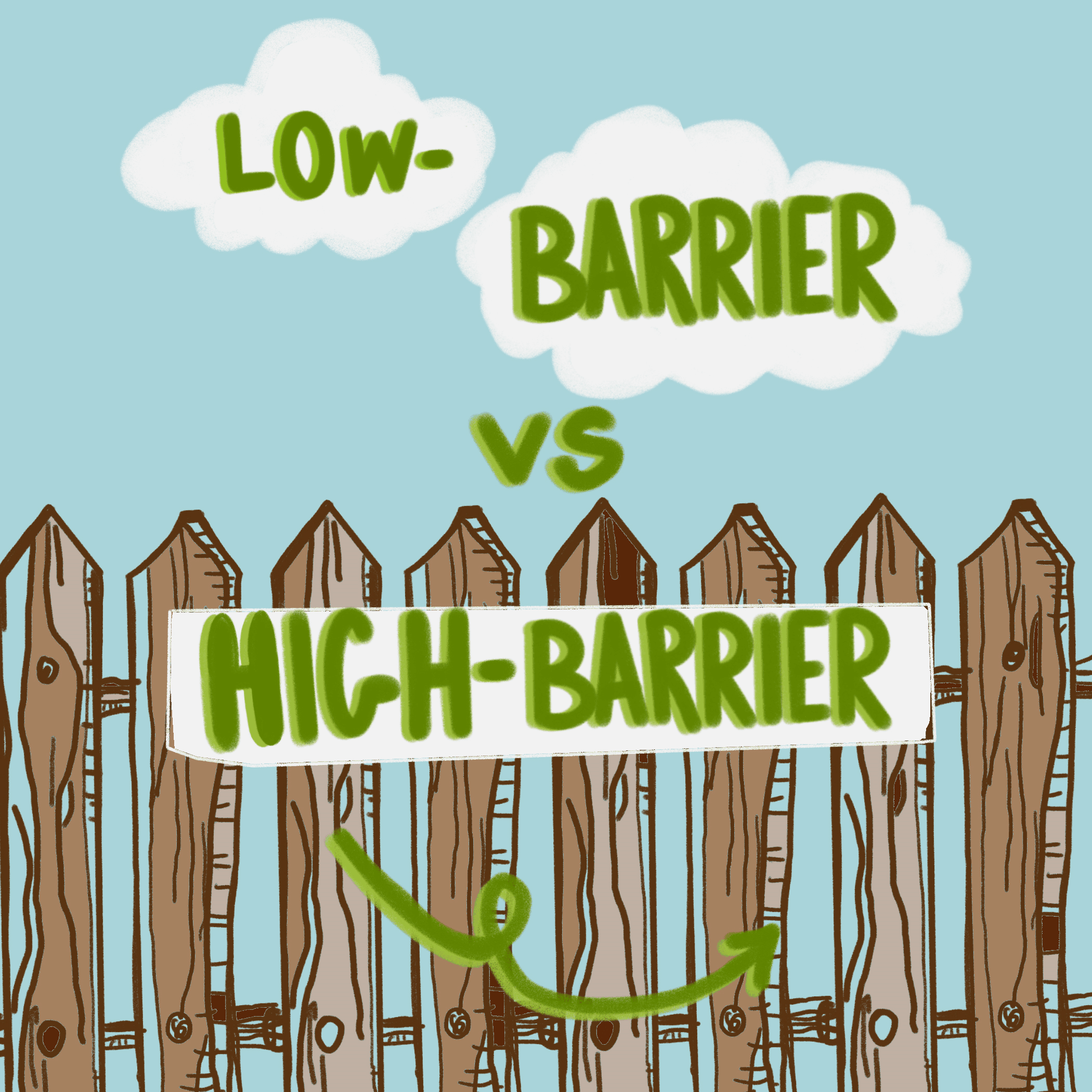
If the pandemic taught us anything, it’s that adaptability and versatility are requirements for growth and success. As a result of public health implications from the pandemic, many shelters shifted to being open and available 24/7. We are incredibly grateful for this change which has allowed many TGP members to access their basic needs, including showers, storage, and safety, at their overnight shelters. While TGP still plays a vital role in providing support for basic needs, we have increased our longer-term resources, such as benefits navigation, housing-focused case management, job coaching, and mental and physical health services. In order to better serve our members and foster a stronger sense of community and belonging, we have adapted to a low-barrier model of service.
What is the low-barrier services model?
The low-barrier services model prioritizes harm reduction, by providing access to resources without focusing on individual ‘deservingness’ or having stringent requirements for services. Low-barrier practices recognize that all people, regardless of background and ability, deserve the right to basic necessities, such as safety, shelter, and food. This is achieved by eliminating harmful rules and responding to individuals in crisis with interventions that are centered on compassion, justice, and equity. Our ultimate goal is to meet members where they are by providing a safe environment where they can be themselves culturally, physically, and emotionally.
What are some common barriers those seeking resources might face?
Common barriers:
1. Sobriety – Rooted in good intentions, barring access to intoxicated folks can be beneficial and work for some individuals, but not all. We promote sober living, but the reality is, sobriety cannot be achieved overnight. Our members have expressed that they feel more vulnerable to harm and more susceptible to repeated substance use if they cannot receive the help they need when they are not sober. Harm reduction and low-barrier practices see addiction not as a choice, but as a challenge. Addiction is often a result of homelessness, not the other way around.
2. Background, Income, and ID Verification – Meeting members where they are is a huge part of low-barrier practice, so we currently do not require any proof of ID. Some TGP members have escaped domestic violence and worry about having to give up their identity. Some members are in the process of obtaining a driver’s license or birth certificate. These elements are the first steps to obtaining the proof of income and ID requirements that many government programs (think SNAP and TANF) require.
3. Program/Class/Church Affiliations or Attendance – Showing commitment to an organization by attending certain classes, programs, meetings, or performing labor are all idealistically beneficial, but it does not empower individuals to make decisions and grow at their own pace. Moreso, strict attendance and early curfews make it difficult for those seeking or trying to retain employment.
4. Privacy, Property, and Pets – Many people experiencing homelessness do not have access to privacy or safety for their belongings, which can breed safety issues and further enforce a scarcity mindset. Also, who would be comfortable sleeping without their pet? This is why we are creating Elati Village with private, individual sleeping units and a dog park!
Metrics from 2023 produced an astounding 58% rise in the homeless population in the Denver Metro area (compared to only a 5% increase in the general population). Of those 9,065 individuals, roughly 1 in 7 were children under the age of 18. [1] Studies show that enforcing barriers and requirements for resources have proven to yield insignificant, and even harmful, results. [2,3] The genuine relationships and trust that we have built with members in our community have encouraged us to grow and adapt with the evolving needs of the wider Denver area.
[1] Metro Denver Homeless Initiative. “2023 Point in Time Count. 2023. https://www.mdhi.org/pit
[2] Hahn, Heather. “What Research Tells Us About Work Requirements.” May 2018. https://www.urban.org/research/publication/what-research-tells-us-about-work-requirements
[3] Global Health Justice Partnership of the Yale Law School and Yale School of Public Health. “The Case for Low Barrier Wrap-around Drop-in Centers” July 2020. http://tinyurl.com/4fefwubh
[4] Hanh, Heather and Simms, Margaret. “Poverty Results from Structural Barriers, Not Personal Choices. Safety Net Programs Should Reflect That Fact.” February 2021. http://tinyurl.com/4fefwubh
[5] Summers, DJ et al. “A Snapshot of the Metro Denver Homeless Ecosystem in 2023” October 2023. https://commonsenseinstituteco.org/metro-denver-homelessness-2023/
[6] Layton, Jennifer. “Helping Every Hoosier: What Low Barrier Really Means” https://secure.in.gov/ihcda/files/Helping-Every-Hoosier-What-Low-Barrier-Really-Means.pdf

